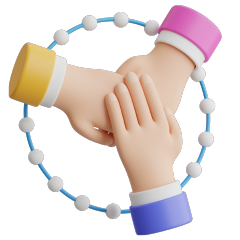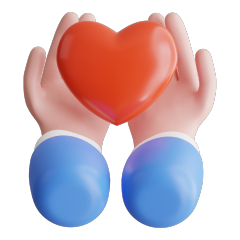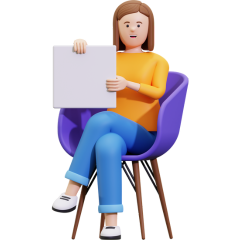How Olivia is painting a colourful future after childhood brain tumour diagnosis
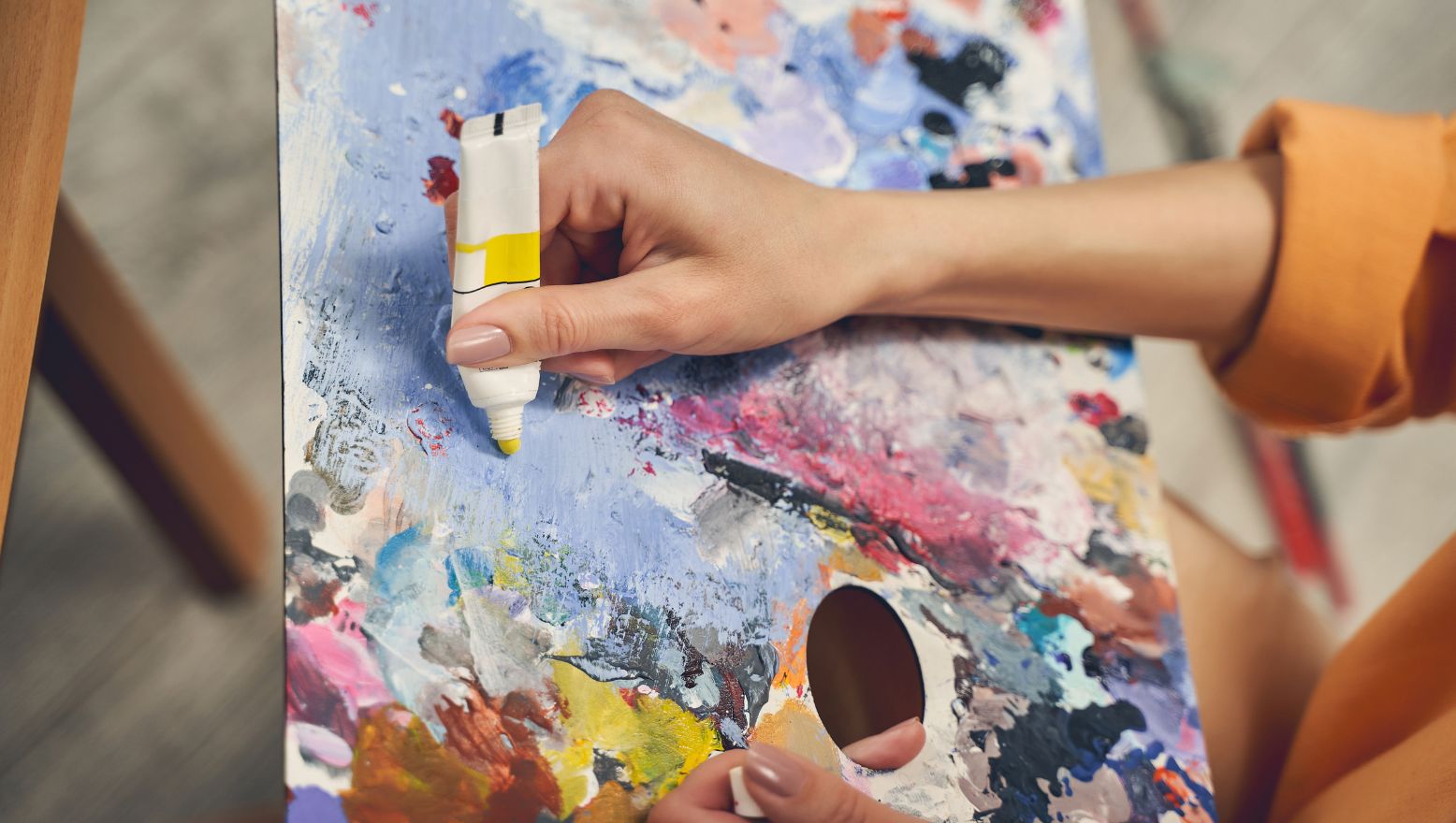
Olivia struggles daily with post-surgical complications from a brain tumour, which doctors discovered when she was just five years old.
Table of Contents
Most people wouldn’t know that Olivia lives with a disability. She doesn’t use a wheelchair, and she doesn’t have any other visible mobility aids. But she struggles daily with post-surgical complications from a brain tumour, which doctors discovered when she was only five years old.
Thanks to her grandparents who tirelessly advocated for her care, Olivia now has National Disability Insurance Scheme (NDIS) funding and friendly, compassionate Leora support workers helping her experience life to the fullest.
The diagnosis that changed everything
Olivia was diagnosed with an optic nerve glioma, a tumour that grows around the optic nerves, or the nerves carrying information from the eye to the brain. These tumours mostly affect children and teenagers. In Olivia’s case, it caused vision impairment, epilepsy, short-term memory loss and hormone issues.
“Although I manage these well, I struggle daily and many people don’t realise I have a disability,” shares Olivia.
One treatment pathway is surgery, but operating on the brain is a delicate process. Surgeons must remove as much of the tumour as possible while preserving healthy brain tissue and protecting the patient’s quality of life. Even with the best care, complications can arise.
A long fight for the right support
Due to the complex nature of her case, securing NDIS support didn’t prove easy. “My disability is hard for people to understand,” Olivia says. “Getting into the system was hard. Pop worked tirelessly to get me some support.”
Olivia moved from Tamworth to Sydney to live with her grandparents. Their persistence paid off, and after years of waiting, she finally secured NDIS funding.
Her occupational therapist referred her to Leora Healthcare (formerly Afea Care Services), where she found a team of reliable support workers who assist her every week.
Leora’s care team drives Olivia to and from her exercise physiologist sessions to ensure she has the support she needs to continue her rehabilitation. Because she lives with epilepsy, her support workers are also epilepsy-trained and equipped with the skills to:
✔ Recognise seizure triggers
✔ Respond quickly and appropriately during an episode
✔ Ensure Olivia’s safety in everyday situations
Olivia is grateful to have expert companions from Leora who accompany her on her rehabilitation journey.
A life built around passion and purpose
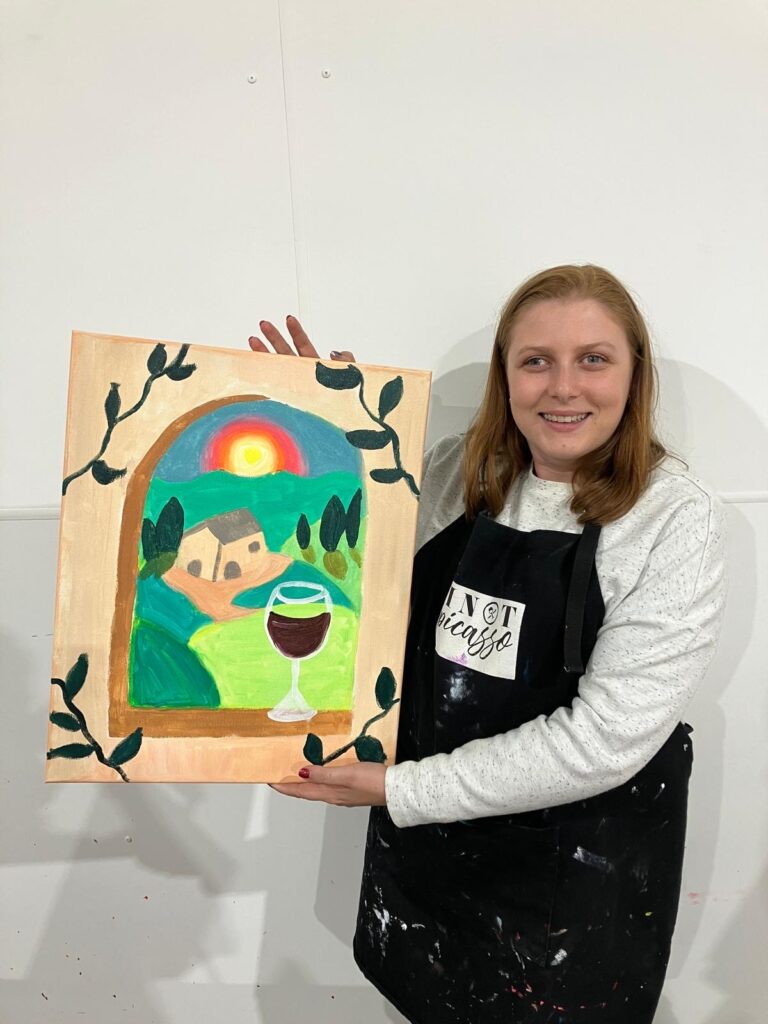
Olivia’s days revolve around work, time with her grandparents and hobbies that bring her joy. She currently works through supported employment, which provides extra assistance to help her succeed on the job.
“If it is a work day, I wake up early, have breakfast, go to work, come home. Dinner I would love to be able to cook independently but struggle, so that is up to Nan. I have a nap in the afternoon as I get tired. Then I wash up after dinner and relax with a bit of television. Occasionally there is some exercise thrown in.”
When she’s not working, Olivia fills her time with hobbies that keep her engaged. She enjoys painting, writing stories, listening to music, Zumba, and coin collecting—activities that bring her both relaxation and fulfilment.
Preparing for a future of independence
Olivia has big dreams for the future. She hopes to transition into open employment, where she can work in a mainstream job alongside people with and without disabilities.
She also wants to move into a home of her own and gain more independence. While she knows she will still need some support, she is already planning for the next stage of her life.
“I am sure I will need them in the future for shopping when I am living independently,” Olivia shares.
With the right support and determination, Olivia is on her way to making these goals a reality. We’re cheering you on, Olivia!
